Colleen Hoover — Is she worthy of the bestselling title?
Rape, miscarriage, abuse, toxic masculinity, and infidelity are all topics glorified by Colleen Hoover in her young adult (YA) novels. Unfortunately, these subjects are ultra-normalized in this day and age. While these subjects must be addressed and discussed, writing about them in smutty YA romance novels doesn’t build awareness.
Shelf after shelf at local stores contains hundreds of poorly written stories that emphasize our patriarchal society. Kids are not getting Hoover’s books from school but buying these books for themselves or having parents obliviously buy explicit content.
Exposure to sexually explicit media in early adolescence is directly related to risky and unsafe behavior in early adulthood (National Library of Medicine). Fifty-six percent of teenagers ages 11-16 have seen explicit content either in literature or online. The issues presented in Hoover’s stories correlate directly with detailed descriptions of sex, body parts, and an overall glorification of real-time problems in her copy-and-paste Wattpad stories.
Hoover’s most famous novel, It Ends With Us, sold over 2.5 million copies in 2022, becoming a New York Times best seller. The summary explains a strange relationship between a flower shop owner and a surgeon and the reluctance of the protagonist to settle down instead of sleeping around like a frat boy.
Many of Hoover’s books emphasize the stereotypical heterosexual relationship with the ‘big man’ and ‘need-a-man-to-survive-girl.’ Individuals in society struggle immensely with the patriarchal expectations of women. When young adolescents read literature that enunciates the values our modern world is trying to eradicate, it makes the task even harder.
Furthermore, the summary of It Ends With Us never gives any trigger warning for the description of domestic abuse and sexual assault. While the content in the novel reflects a victim blaming oneself while being gaslit and manipulated, the otherwise-heavily consensual sex-based plot line convinces adolescents this behavior between adults in relationships is acceptable and, therefore, what they want to mirror in their teenage relationships.
Young people do not have fully developed brains and can’t necessarily make decisions of want versus being manipulated into thinking they want what they read or watch. All media is an attempt at control, no matter how beneficial or opinionated the topics can be. The human brain is not fully developed until the mid to late 20s, meaning teenagers are more vulnerable and heavily influenced by heavier issues.
While I do not believe in banning books, it is essential to remember the audience when writing stories and the takeaways one will have. Hoover holds mostly all teenagers’ attention, shedding light on subjects that shouldn’t be made lightly of.
Teens respond to the situations they see and read, and romanticized topics of abuse and rape create dangerous situations for teenagers. Unfortunately, Hoover has repeatedly crossed the line of being respectful to those who read, especially without caution or trigger warnings about sensitive topics.
Your donation will support the student journalists of Sevastopol High School. Your contribution will allow us to purchase equipment and cover our annual website hosting costs.

I am a senior at Sevastopol and I am reporter for both the Chips and Pioneer News! I have written a book and it is published on Amazon! My plan for the...


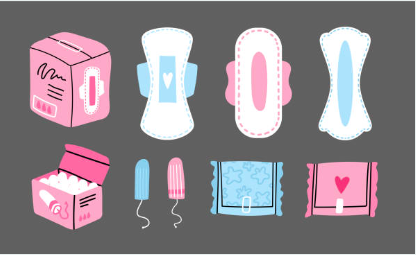
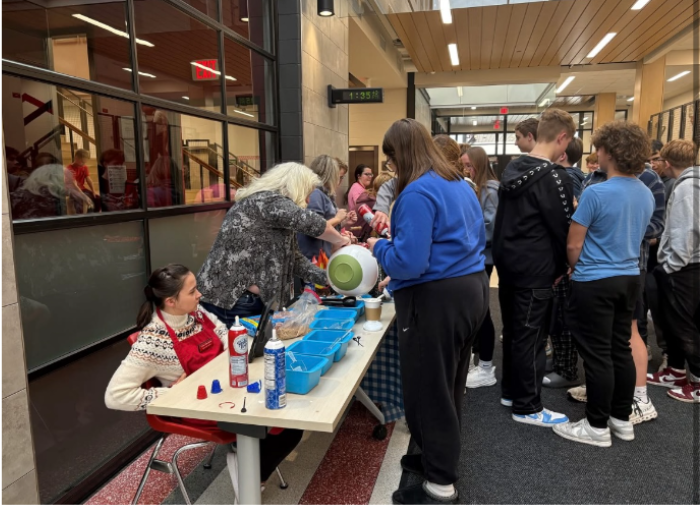
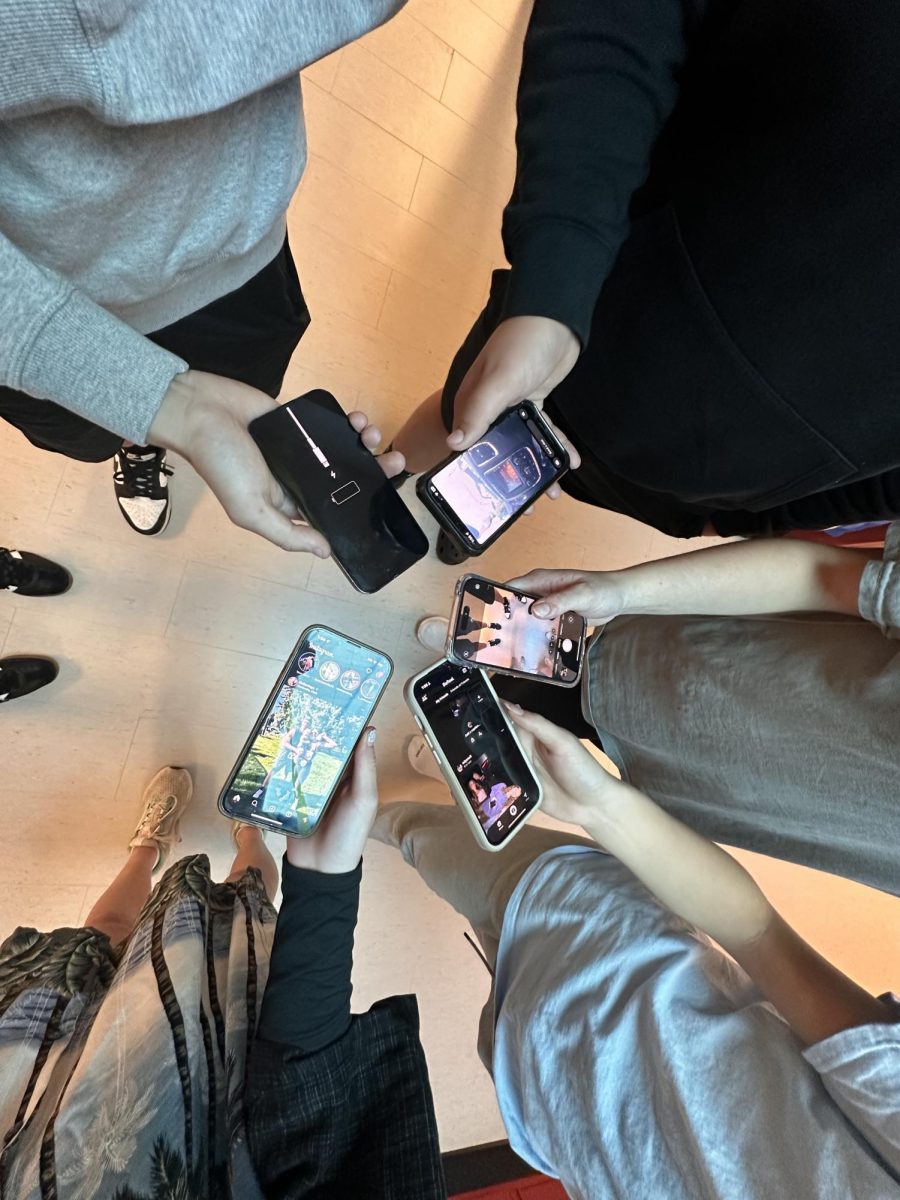
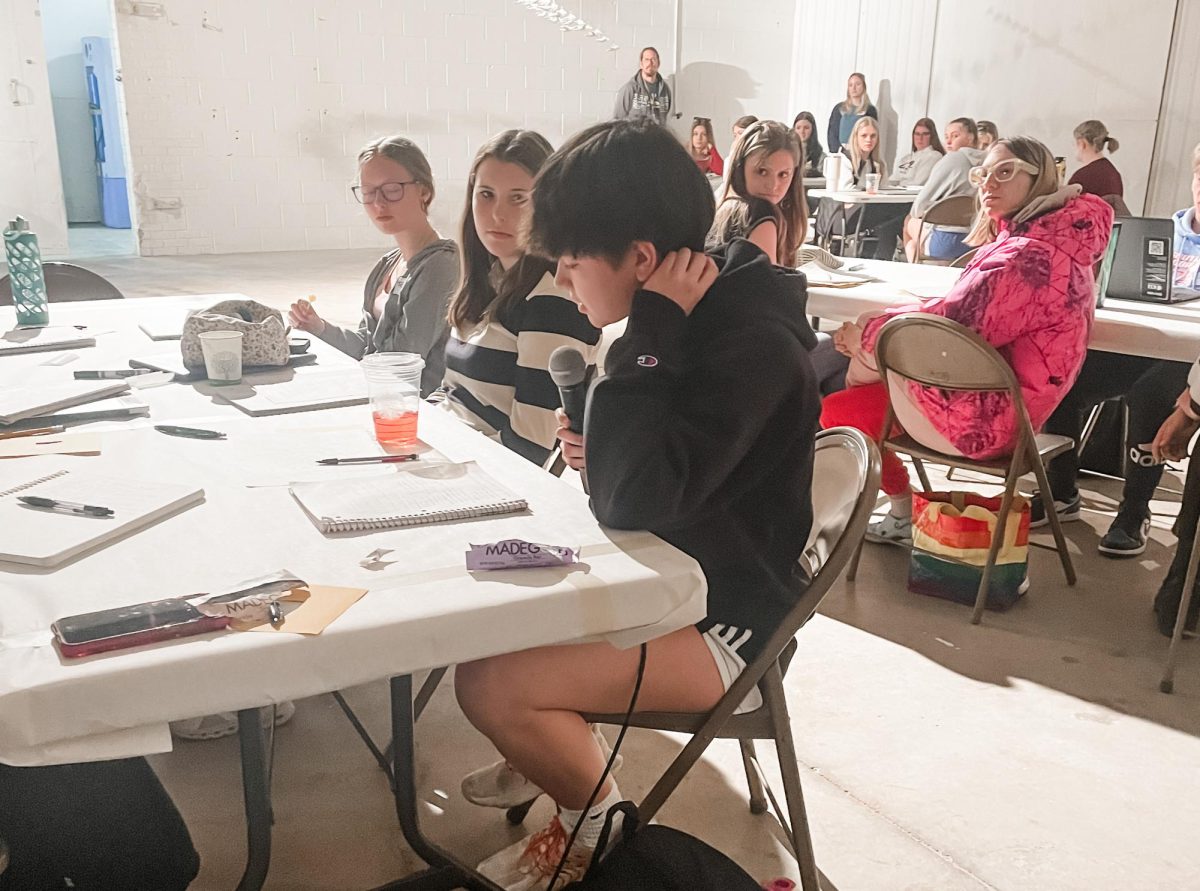
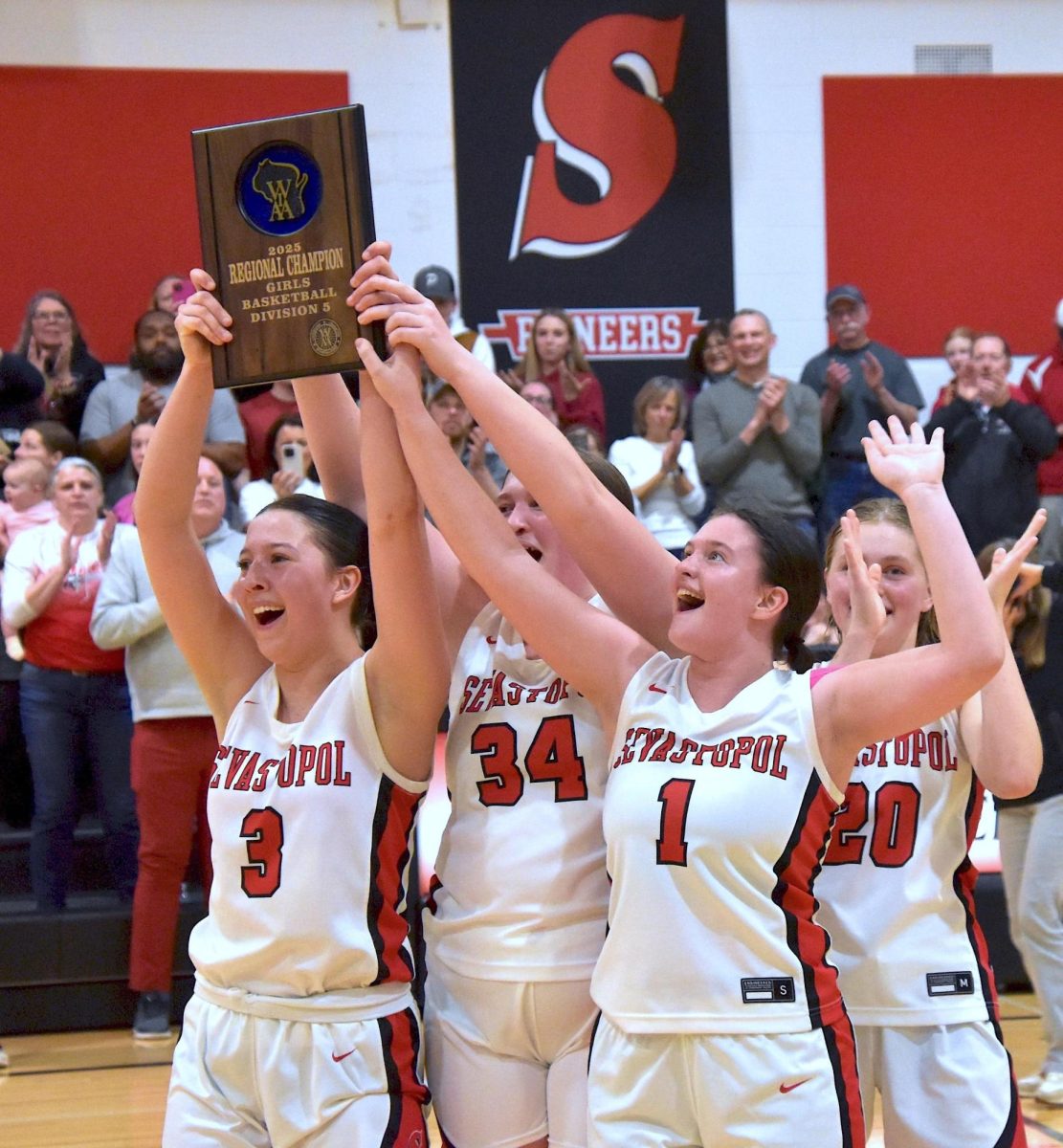


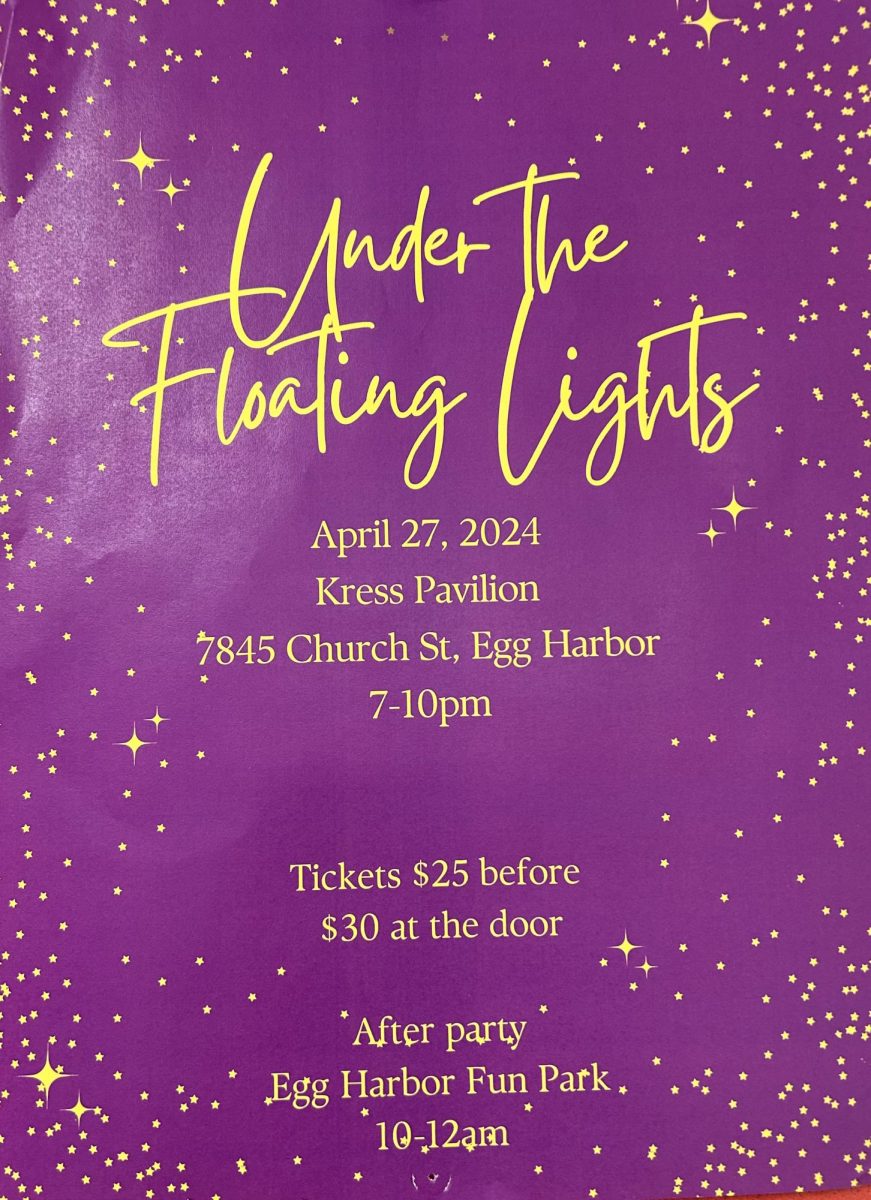

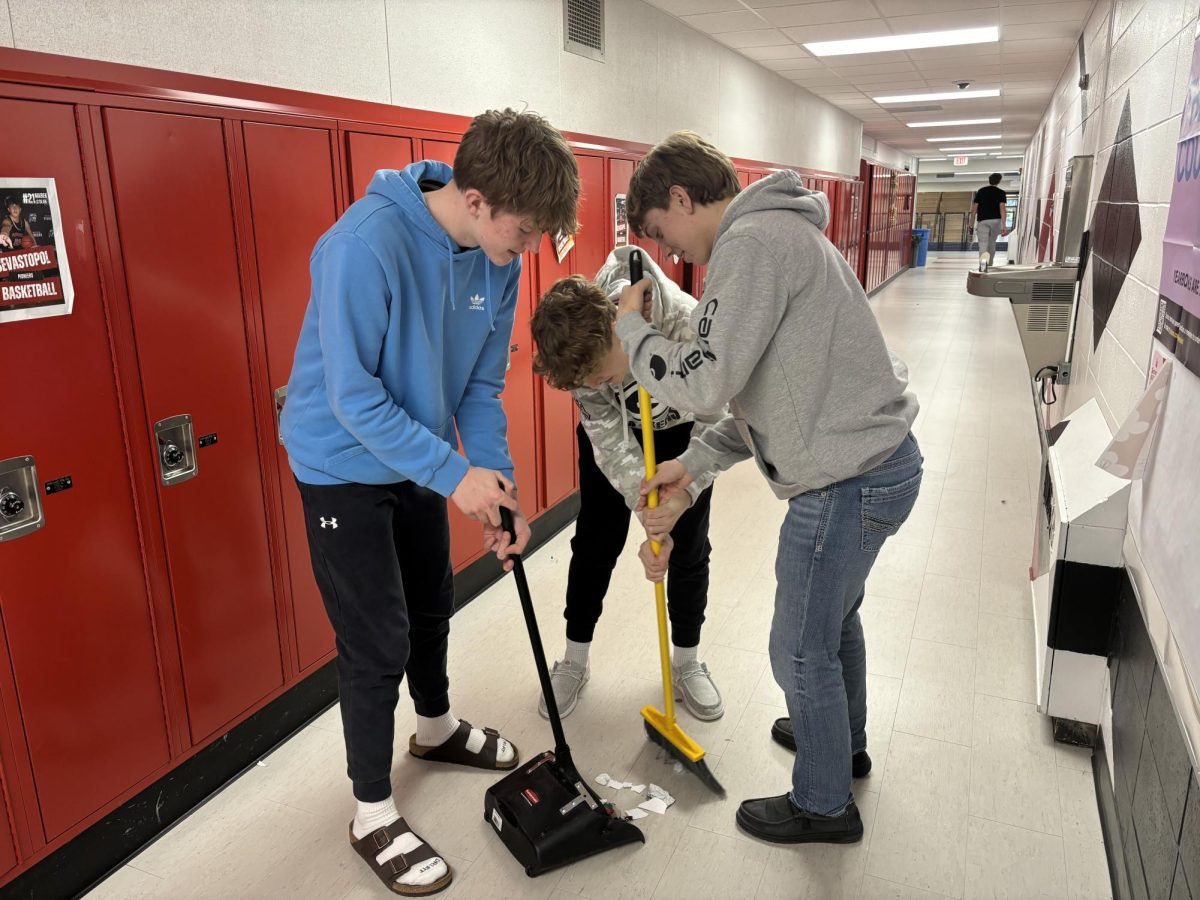
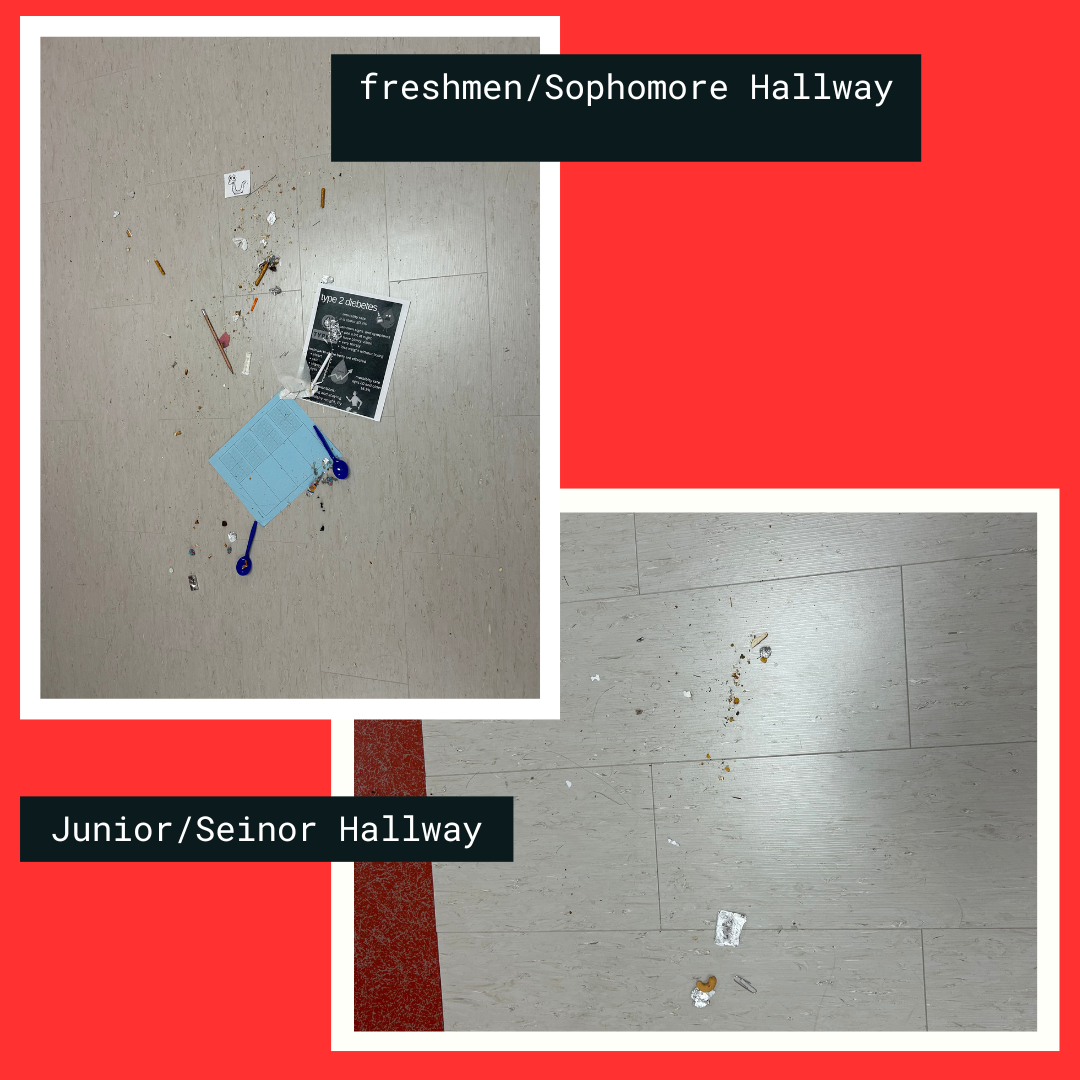
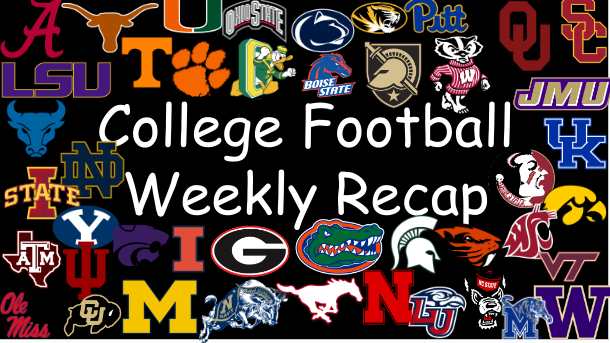


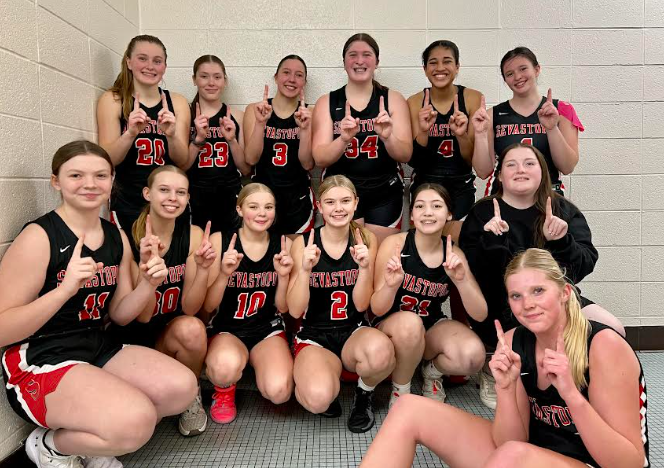





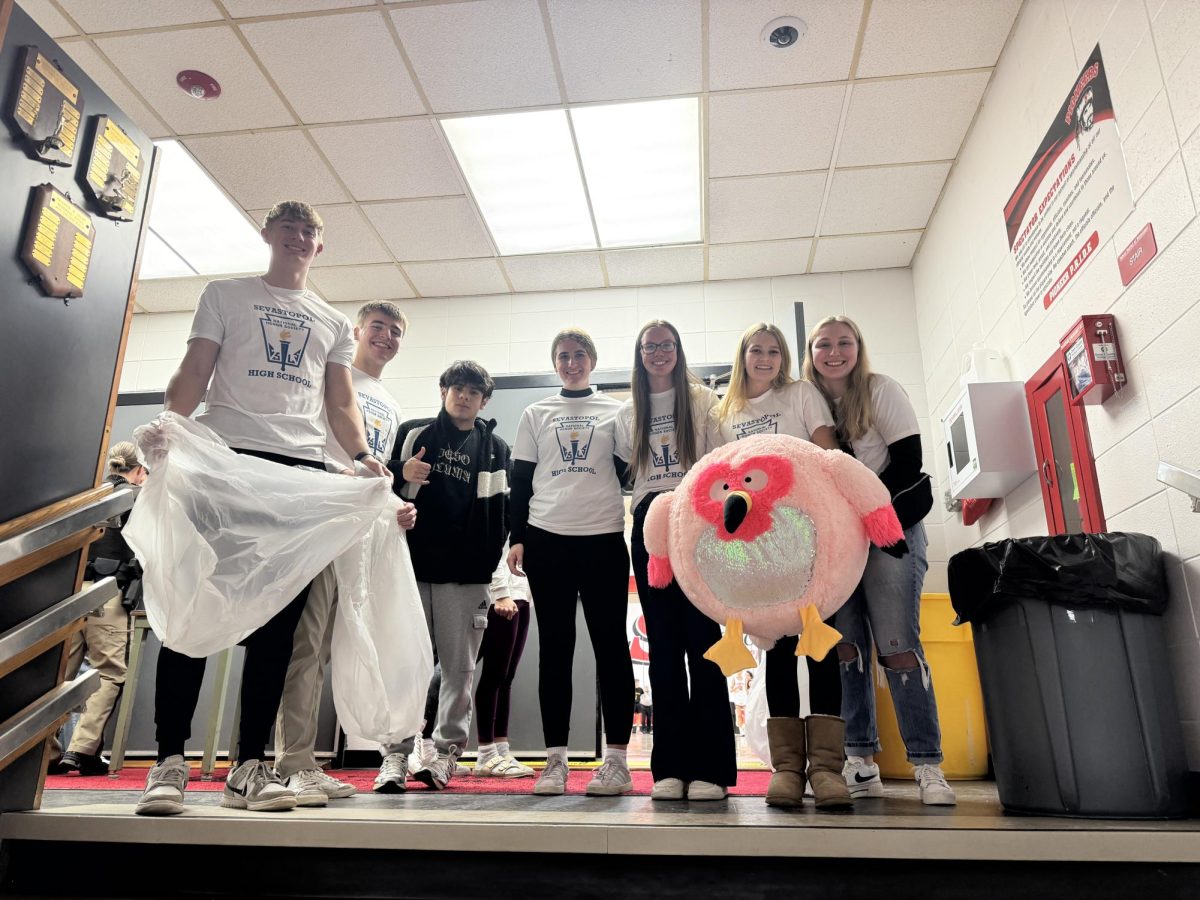
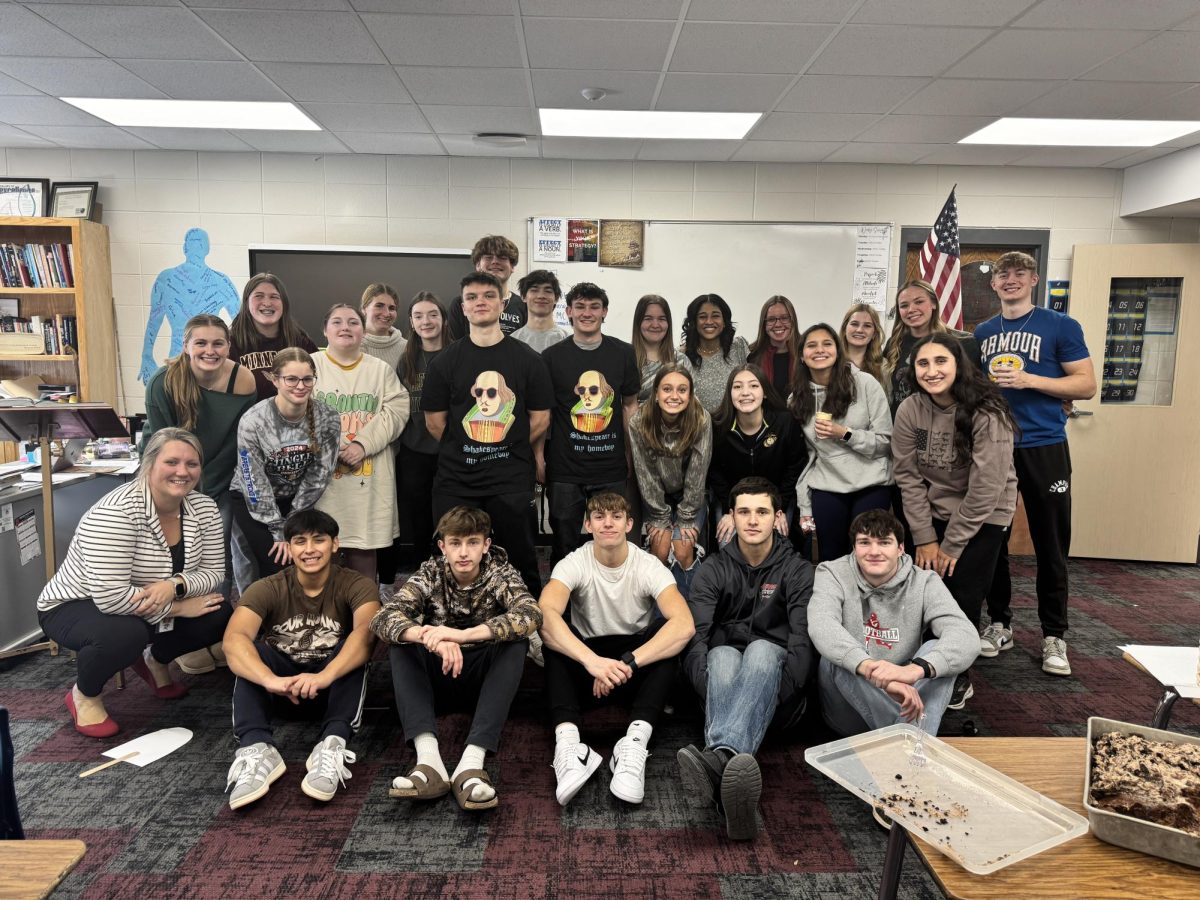
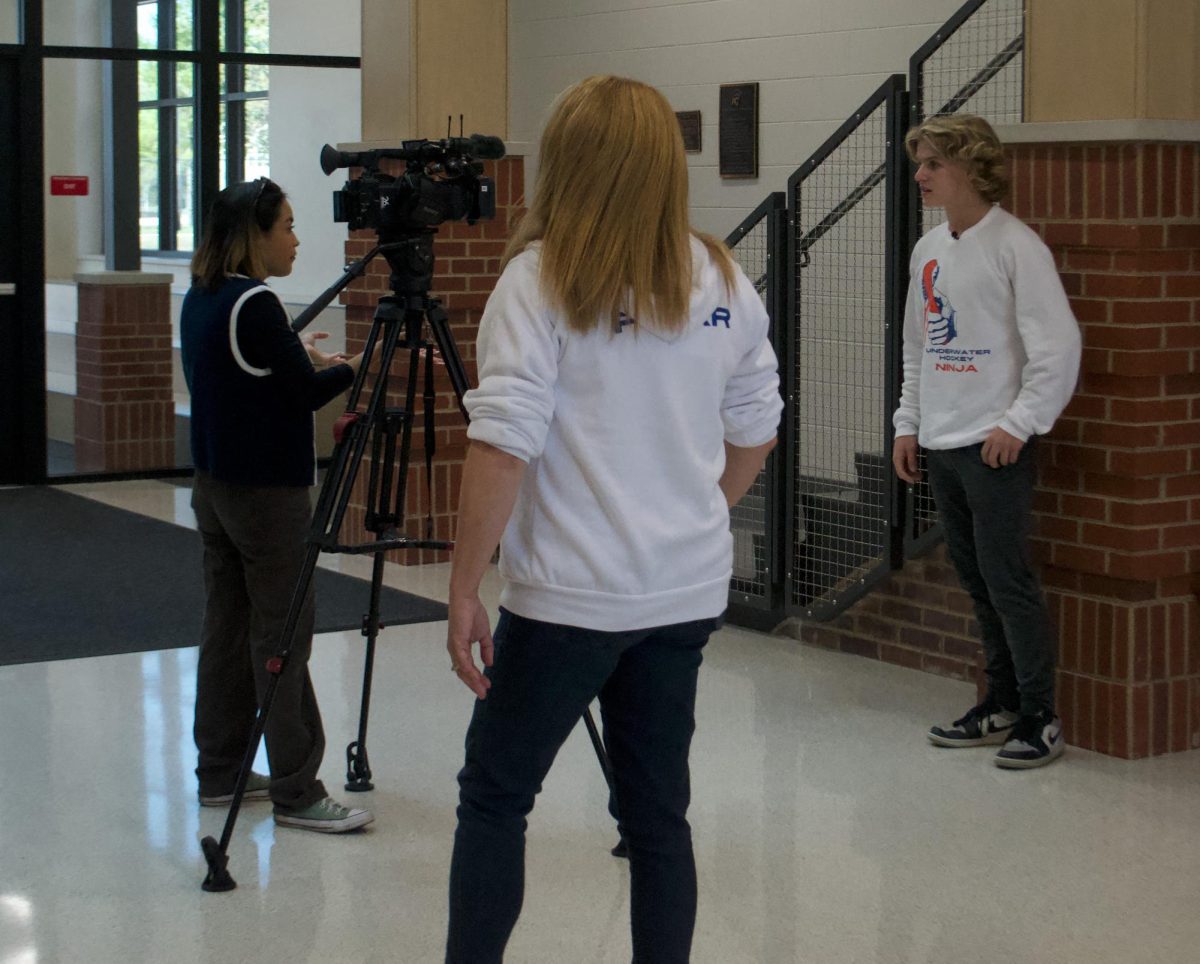

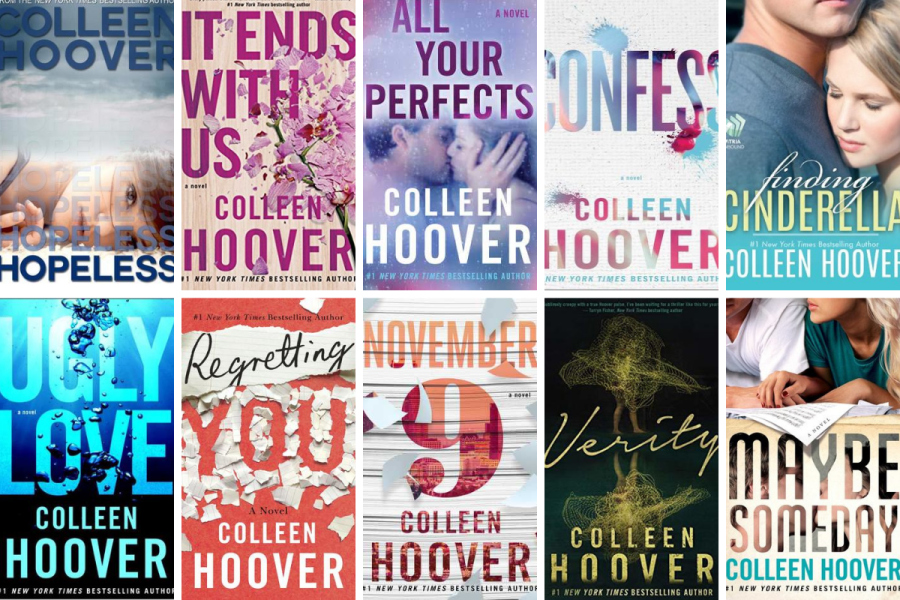
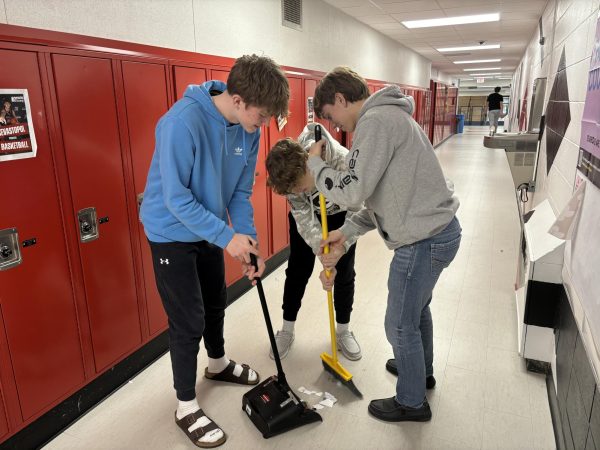
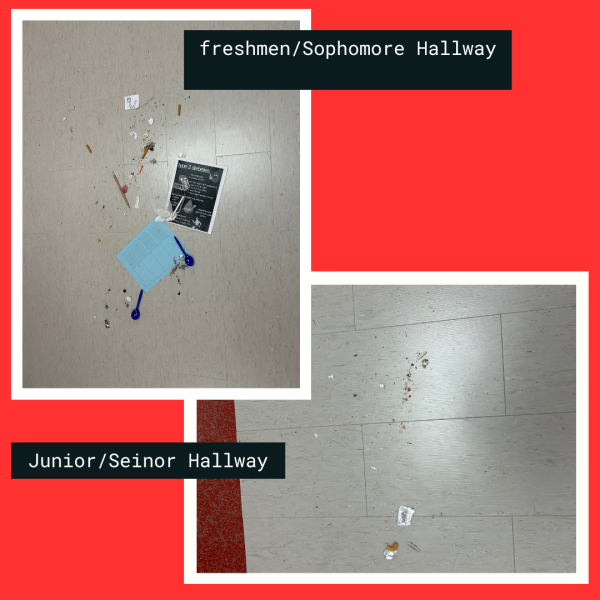
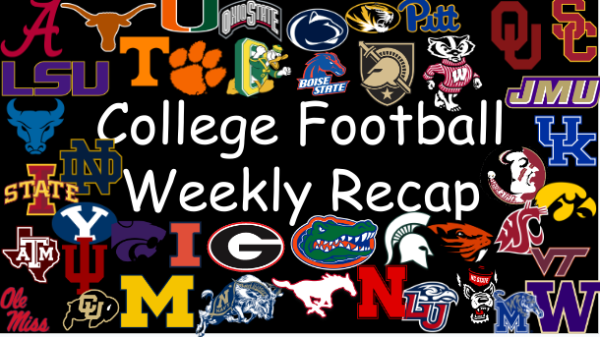
Dina Saunders • Feb 7, 2023 at 3:18 pm
Thank you for the thoughtful review. There are better books out there to read– why are these considered YA? I read the first one and was turned off. Unless this is an example of what NOT to do? Crazy.